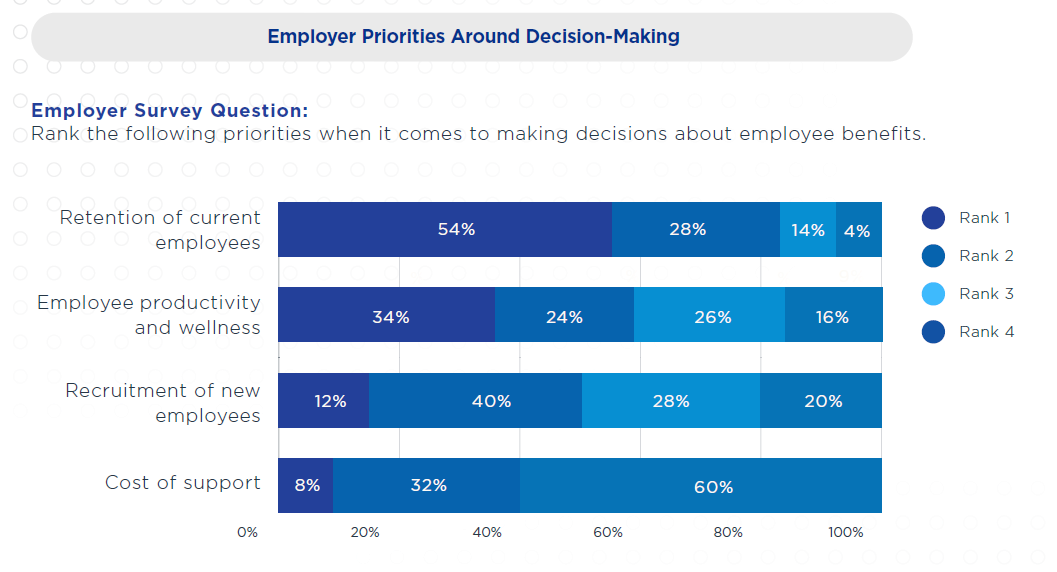While Belgium is famed for its chocolate, this European nation also offers a different kind of sweet treat for its workforce. Known as Time Credit or Career Breaks, this flexible scheme allows working individuals to take a break or reduce their working hours for personal reasons such as childcare, education or well-being. But how does time credit work in Belgium? Is it truly a paid career break? We dive into the details of time credit policy of Belgium.
What is time credit in Belgium?
The time credit policy, also known as tijdskrediet (Dutch) or crédit-temps (French), is at the cornerstone of the Belgian welfare state leave framework. It’s not a traditional vacation but is structured in a way that it allows individuals to take time off while keeping their job secure.

If you’ve read somewhere that time credit in Belgium is fully paid, then you’ve got it wrong. As a matter of fact, Belgians don’t receive their full salary from their employer. Instead, they may qualify for a government allowance through the National Employment Office (ONEM/RVA), depending on the type of leave.
Under the time credit policy in Belgium, you can choose one of the following:
- A full-time break (stopping work entirely).
- A half-time break (working 50% of your hours).
- A one-fifth break (cutting hours by 20%, like taking one day off per week).
This flexibility allows individuals to balance life and work however they wish to.
How do people get paid during a career break in Belgium?
One common question we get asked is how to get paid during a career break in Belgium. While you won’t receive your full paycheck, the government plays its part with a partial allowance. This amount varies based on your individual circumstances:
- A single person on a full break might get €500–600 monthly.
- Parents or those over 50 could receive slightly more.
- For part-time breaks, the allowance supplements your reduced salary.
This isn’t “full pay” as some might assume. However, it’s a lifeline during your time credit leave. Your employer stops paying your regular wage, but your job is still projected, and social security benefits often continue.
Who qualifies for time credit?
Unfortunately, not everyone can take a sabbatical leave in Belgium. The time credit policy has set clear eligibility criteria:
- You must have worked for your employer for at least 12 months (for full-time breaks) or 24 months (for some part-time options).
- A minimum career history, such as 2 years of employment in the past 5, may apply.
- Your employer must approve, though they can only refuse for valid reasons, such as major business disruption.
The entitlement to time off in Belgium also depends on the purpose of your break. It falls into two categories: general and thematic.
What is a thematic leave in Belgium?
For longer breaks that come with financial support, you’ll need a time credit justified reason. This is where a thematic leave comes in. Recognized reasons for thematic leave include:
- Parental Care: Up to 48 months to care for kids under 8.
- Medical Care: Supporting a seriously ill family member (up to 51 months total across thematic leaves).
- Palliative Care: Up to 2 months per case for terminal illness support.
- Training: Time off for approved education (sometimes tied to separate paid schemes).
Thematic leaves also offer better benefits, such as higher allowances and longer durations, compared to general breaks which are capped at one year without a specific reason.
Time credit breaks in Belgium, clearing up the myths
The phrase ‘paid career break’ in Belgium can mislead. Unlike systems where employers cover your full salary, a Belgium time credit policy relies in state support. For instance,
- If you earn €3,000 monthly and take a full break, you might get €600 from ONEM.
- Your employer pays nothing, but you return to your role afterward.
A paid education leave, however, is different from time credit. It offers full pay for limited training hours.
The Belgian welfare state leave prioritizes job security over full income replacement.
The time credit policy in Belgium isn’t your standard golden ticket to a fully paid career break. However, it’s a pretty solid option for life’s big moments. Whether you’re raising kids or studying, career breaks in Belgium come with flexibility and security.
Curious to know more such HR laws? Subscribe to The HR Digest for HR news, employment updates, and more!



